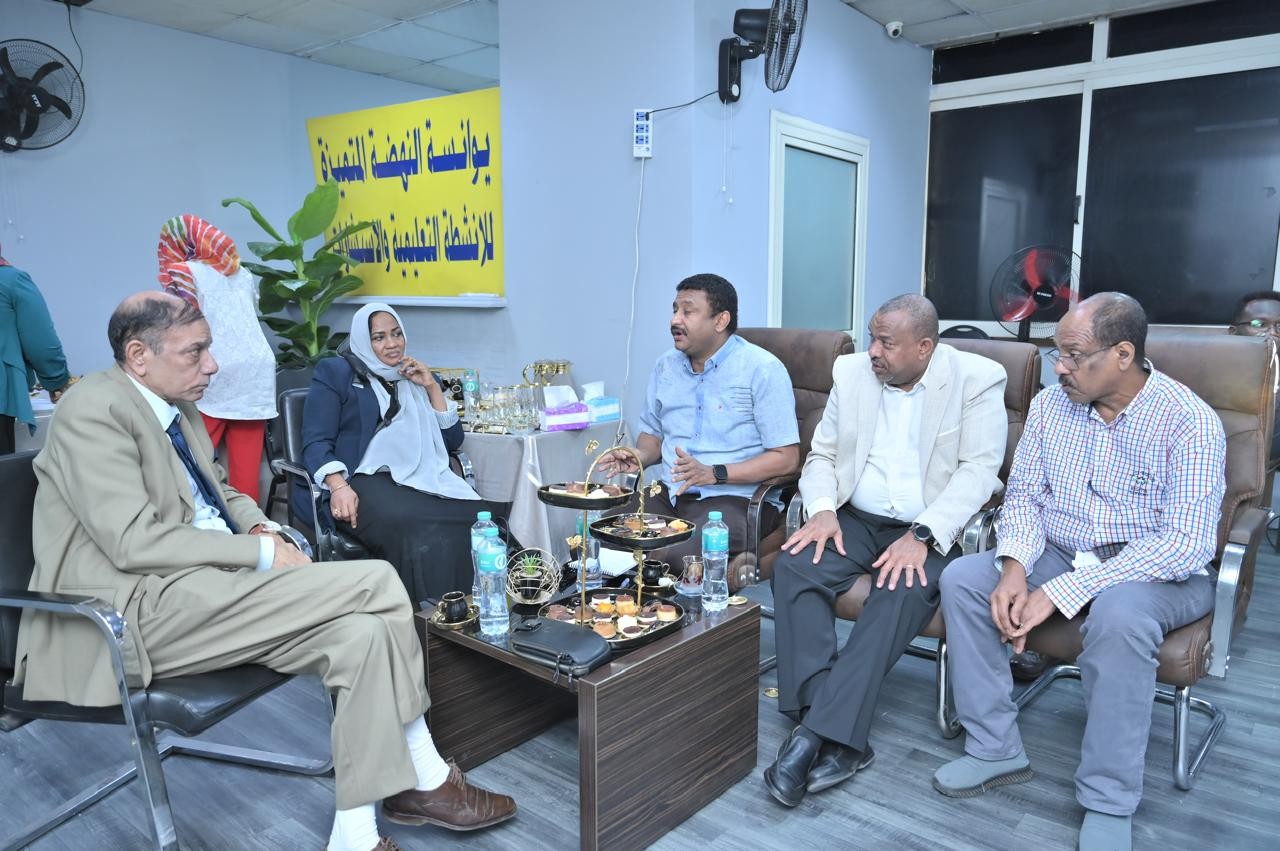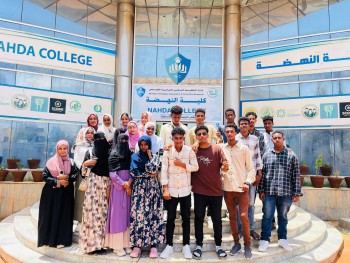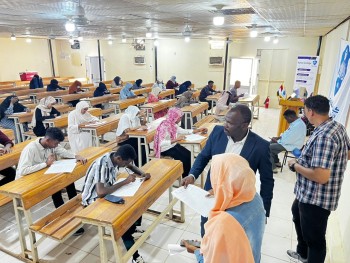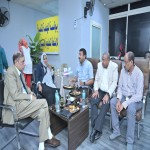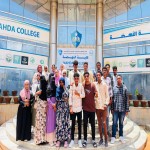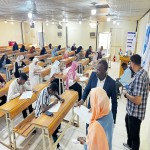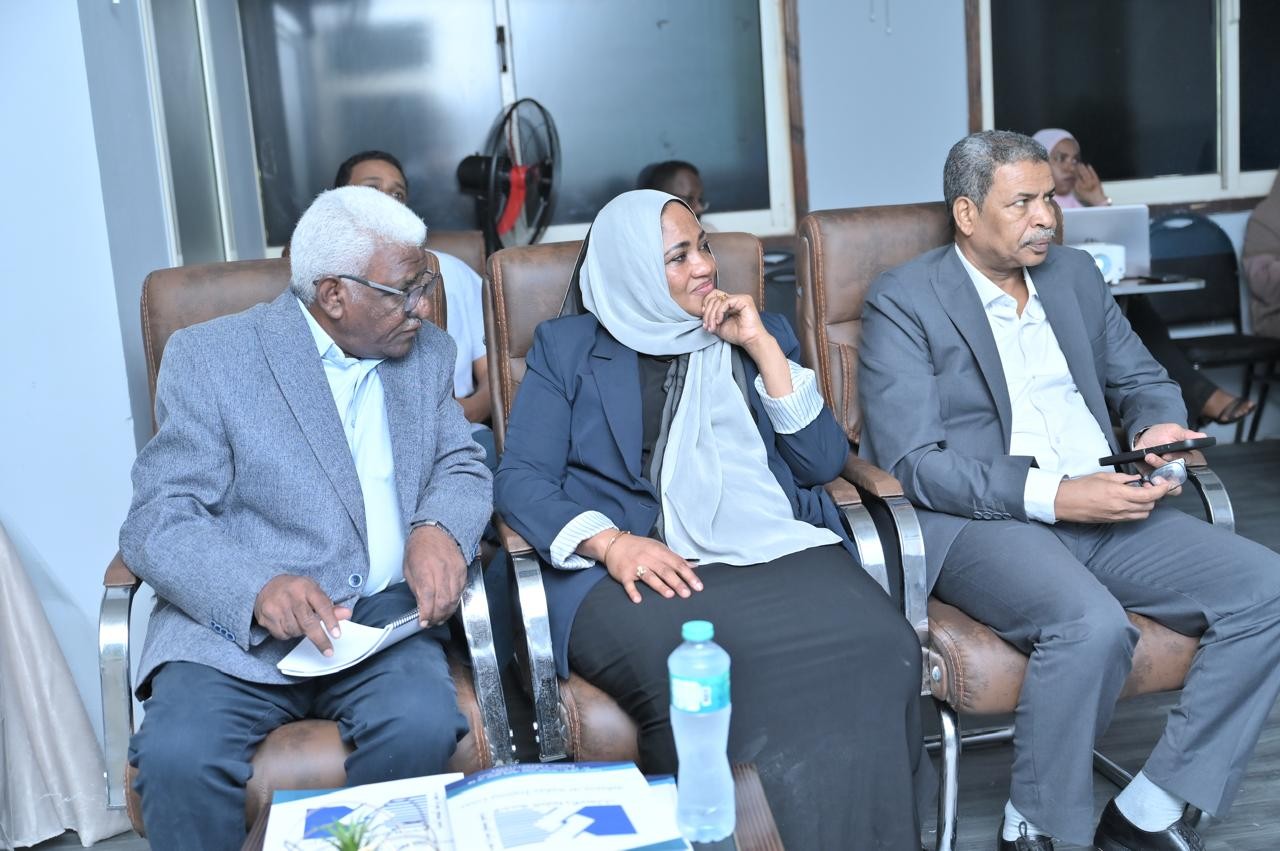
Nahda College Organizes Two Scientific
Workshops in Cairo on Digital Education and Engineering Curriculum Development
In pursuit of its ongoing efforts to
enhance academic performance and remain abreast of global developments in
education, Al-Nahda College recently organized two specialized scientific
workshops at the Al-Nahda Younan Training and Consultancy Center in Cairo,
Egypt. These workshops addressed two principal themes: digital transformation
in education and the introduction of a new Mechatronics Engineering program.
The events were marked by the presence of esteemed academic and diplomatic
figures.
Among the distinguished attendees were
Ambassador Kamal Hassan Ali, former Sudanese Ambassador to Egypt and Deputy
Head of the Higher Committee for the “Isnad” Initiative, as well as Engineer
Tariq Hamza, Chief Executive Officer of Sudatel. In addition, the workshops
attracted extensive participation from representatives of engineering faculties
across Sudan and university professors specializing in various technical and
engineering disciplines, such as Professor Amin Babiker Abdel Nabi, Professor
Mudathir Fagiri, Dr. Mohannad Hamad Al-Jak, Dr. Abulnoor Abdeen, Dr. Diaa Eldin
Ali Ibrahim, and Dr. Hiba, Deputy Dean of the Faculty of Engineering at the
University of Khartoum.
The workshops were supervised by Dr. Iman
Bashir Noor Al-Da’im, Dean of Al-Nahda College, and Professor Adel Ali
Al-Hussein, Secretary of Academic Affairs. Both underscored the significance of
such initiatives in advancing academic standards and ensuring that educational
programs correspond to the evolving requirements of both local and
international job markets.
First Workshop: Mechatronics Engineering
Curriculum
The initial workshop concentrated on the
ratification of the new curriculum for the Bachelor’s program in Mechatronics
Engineering, which forms part of the college’s broader strategy to modernize
its academic portfolio. Deliberations encompassed the proposed program
structure, which comprises courses in electronics, control systems, embedded
systems, and robotics.
Participants examined the allocation of
credit hours over five academic years and highlighted the necessity of
balancing theoretical knowledge with practical experience through laboratory
work and industrial training. Particular emphasis was placed on the effective
integration of mechanics, electronics, and programming within a cohesive
curriculum reflective of the interdisciplinary essence of mechatronics.
A core objective of the workshop was to
align the program with rigorous academic quality standards, enhance practical
training through state-of-the-art laboratories and workshops, and equip
graduates with the competencies required for careers in robotics and industrial
control systems.
Second Workshop: Digital Transformation in
Higher Education
The second workshop, led by Professor Fikri
Fouad, addressed digital transformation within the context of higher education
and the attendant challenges institutions encounter in adopting contemporary
technological solutions.
The session emphasized the importance of
establishing adaptable, interactive digital learning environments that cater to
the expectations of a new generation of students. Furthermore, it showcased
successful applications of learning management systems (LMS) and e-learning
platforms as tools for improving educational quality.
Commitment to Academic Excellence
Through the organization of these
workshops, Al-Nahda College has reaffirmed its unwavering commitment to
developing academic programs in accordance with international standards and
supporting systemic digital transformation in education. The college remains
dedicated to strengthening both regional and international partnerships, in
order to cultivate a generation of highly skilled graduates capable of
excelling in the competitive global workforce.
If you wish for an even higher level of formality or further modifications, please specify which sections you would like me to refine.
